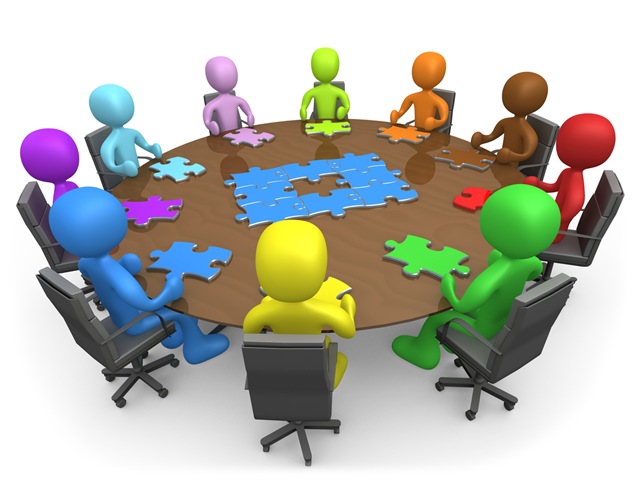I don’t talk much about my soul deadening desk job that prompted me to finally (and forever) forsake the cubicle lifestyle. The truth is, I don’t think about those days much. Occasionally when I’m going to the Post Office for my mail or down to the Opera House to meet a friend for coffee I’ll see the old building and wonder what’s happening inside.
Thankfully, I don’t need to go back into that building to know that the same people are working in the same jobs doing the same tasks as they’ve always done. You may think I applaud this as a system of consistency but honestly, it’s just sad.
I knew the day my boss told me I was “too efficient” that my time was limited. That I had been drawn into a business model that rewarded the time spent instead of the outcome and lured people in with the false hope of security and benefits. In this model everyone loses.
The owner loses because they will pay more for substandard work because employees have no incentive to be more effective or efficient in their job. The employee loses as they are metaphorically chained to a desk, often pretending to work while screwing around online, for the 8+ hours the owner thinks it takes to complete a set of tasks. And even the customer loses, paying a premium for work that’s done whenever it gets done, for products and services that could have been completed quicker.
Systems are not intended to create more work for the people smart enough to use them… but instead free you from it. A high level system will automate and standardize the basic tasks so you have more time and energy to handle the complex tasks.
One example of a high level system that stands out in my mind is my collegiate debate team. I went into the activity having no idea what was included. Arguing, right? I can do that!
The truth is that collegiate debate is highly competitive and structured. To win a debate you must be technically proficient at responding to the arguments (what is not answered is conceded) as well as persuasive and able to grasp the big picture. Stacks of paper, reference materials in 60 pound tubs and talking 60 words a minute are all part of the activity.
A new documentary, Fast Talk, gives the best inside look and this 1 minute clip will give you a pretty good idea of the intensity that goes into each round.
To play at this level the structure and systems within your team are critical. During the years I participated there were systems for practice debate, for speaking drills, team meetings, evidence assignments, evidence updates, updates of the evidence updates, filing, dress code, judges, mentoring, traveling, meals, strategy sessions, winning, losing and scouting.
Everything that our team did was designed to be collective and build on the previous stages. One person determined our evidence research assignments so we could work knowing everything had been researched. One TA was responsible for evidence distribution. Even within the two person teams it was critical to divide up the responsibilities in and out of rounds.
But we were successful and secured tournament titles and national wins across all divisions most years.
Turns out the system didn’t guarantee success. After all, everyone on our team had access to the same content, similar coaching, and evidence.
The system allowed the victorious teams to rapidly adapt the proven strategies in the midst of enormous pressure to succeed.
And we did succeed and the growth was sustainable. Part of the reason for our unending giddiness was that with this win my debate partner had burned Junior Varsity eligibility. The following weekend we advanced to Varsity at a National tournament and came out 3-3 having learned more lessons, upleveled our game and were ready for the next tournament where we won 4 out of 6 rounds.
Business works the same way, we learn and grow and advance much quicker with the use of systems which we can replicate. And then when we hit those milestones, we advance to the next level.
Systems that are designed to shut down independent thought, deaden your soul, and trap you into a Groundhog Day-esqe cycle are not my systems. The structures, processes, and techniques used in the Playbook are just like Debate theory – they lay the foundation and open up space for you to meet the challenges ahead, adapt, and win.
Instead of being trapped in tedious work, the Playbook opens you up to experience more, play a bigger game, and enjoy the process.
I hope you’re ready to Play a Bigger Game and get started with a Playbook that serves your growth. It’s intense and fun and scary and exhilarating and nausea inducing all at once – those first Varsity rounds I was scared out of my mind.
Start by receiving the Free Tool to get started with your Playbook – it’s not just theory but the implementation steps you need – and get the support you need for those systems that will lead your team to success.
Get the Playbook here.

 Systems are the Answer to your Struggles
Systems are the Answer to your Struggles Never Train Your Employees Again
Never Train Your Employees Again Do you like money?
Do you like money?